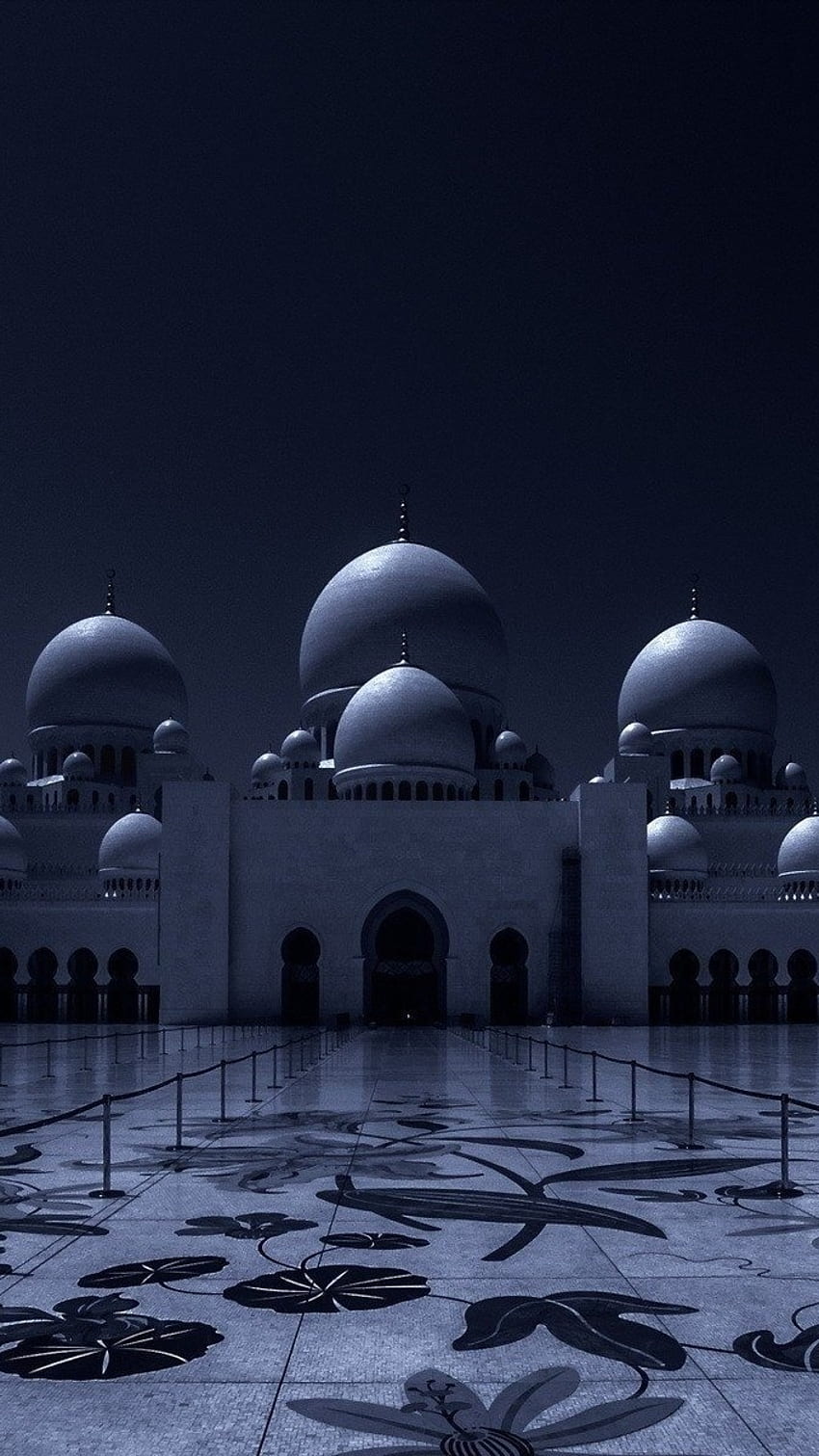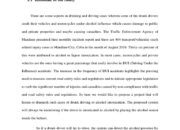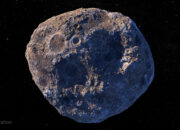Islamic science, often regarded as the bedrock of various scientific disciplines, manifests a rich tapestry embodying the intellectual vigor of a civilization that flourished during the medieval period. As the interplay of inquiry and spirituality took root in Islamic societies, scholars began to explore myriad questions emanating from both the tangible world and the abstract realms of philosophy and mathematics. A whimsical notion arises: what if the foundational principles of modern science are but faint echoes of the exuberance witnessed in the Golden Age of Islam? This query serves not only as an avenue for reflection but poses a paradoxical challenge in recognizing the vast contributions that Islamic scholars bequeathed to the annals of science.
To navigate the intricate corridors of Islamic scientific endeavor, one must first appreciate the socio-cultural context of the era. The Golden Age, typically bracketed between the 8th and 14th centuries, was characterized by remarkable advancements in linguistics, mathematics, medicine, and astronomy—all catalyzed by the influence of the Quran which often urged adherents to seek knowledge. The translation movement, most notably at the House of Wisdom in Baghdad, facilitated the amalgamation of ancient Greek and Roman texts with local scholarship, leading to innovative ideas that transcended disciplinary boundaries.
Mathematics stands as a pillar of Islamic science, intricately woven into the very fabric of the period’s intellectual pursuits. The introduction of the Arabic numeral system, which incorporated the revolutionary concept of zero, laid the groundwork for a calculative language that is now ubiquitous. Beyond arithmetic, scholars such as Al-Khwarizmi ushered in algebra as a distinct mathematical discipline, deriving its name from the Arabic term ‘al-jabr.’ Al-Khwarizmi’s work epitomized an era where theoretical concepts coalesced with practical applications, as scholars sought to solve real-world problems, thus offering a paradigm shift in mathematical thought.
A potent challenge materializes as we consider the oft-ignored impact of Islamic astronomy. The quest to align prayer times with the cosmos led to sophisticated developments in observational science. Al-Battani and Ibn al-Haytham (also known as Alhazen) expanded upon the Ptolemaic system and refined the understanding of celestial phenomena. They ushered in a new era of empirical observation, emphasizing that true knowledge stems from the scrutiny of nature rather than blind adherence to prior dogmas. In this light, the discipline of astronomy serves as a critical lens through which one can examine the very ethos of scientific inquiry: a relentless pursuit of truth amidst the vast expanse of ambiguity.
The intersectionality of medicine and science in the Islamic tradition further elucidates this extraordinary narrative. Renowned figures, including Avicenna (Ibn Sina), synthesized knowledge from various sources into seminal texts such as “The Canon of Medicine.” This compendium not only cataloged the medical understanding of the time but also articulated a holistic approach to health that embraced both the physical body and the philosophical underpinnings of disease. Avicenna’s contributions resonated through the corridors of time, influencing Western medicine for centuries and instigating an inquiry into the nature of illness that paves the way for modern medical science.
The meticulous documentation of natural phenomena in the fields of botany and chemistry also punctuates the Islamic scientific legacy. Scholars like Al-Razi advanced the art of alchemy, which later fermented into modern chemistry through systematic experimentation and the classification of substances. These early scientists were primed to explore every nuance of the natural world, blurring the lines between empirical practice and philosophical inquiry. As medieval thinkers gazed skyward to decipher the universe, they simultaneously turned their eyes to the earth, showcasing an intrinsic desire to understand life at both micro and macro levels.
Moral and ethical dimensions of scientific exploration gained notable prominence within this rich context. The burgeoning fields of physics and mathematics were not devoid of philosophical contemplation; ethical considerations dictated the extent and application of scientific advancements. Scholars grappled with the repercussions of knowledge—what becomes of humanity when it wields immense power over nature? This philosophical inquiry echoes today in discussions surrounding technology and its ramifications in contemporary society. One must pose the question: can the challenges of our age serve as a distant reflection of those encountered by scientists of the Islamic Golden Age?
Moreover, the vibrant culture of scientific inquiry in Islamic civilization catalyzed a global intellectual renaissance that transcended geographic and cultural boundaries. The diffusion of knowledge from the Islamic world into Europe, facilitated by translations and translations, acted as a fulcrum for the European Renaissance. Nonetheless, the contemporary academic landscape often neglects this essential historical connection. Scholarly engagement must thus confront an overarching challenge: how can the narratives of Islamic science be elevated in the collective consciousness, ensuring future generations appreciate the breadth of human intellectual achievement that defies ethnic and religious demarcations?
In conclusion, the interlaced history of Islamic science beckons a thorough examination of the cultural, philosophical, and empirical dynamics that propelled civilization forward. As students of academia unravel the complexities surrounding the dynamics of knowledge, the Golden Age of Islam remains a paradigm of inquiry, a testament to what can be achieved when curiosity melds with thoughtfulness. Ultimately, the onus rests on contemporary scholars to navigate the labyrinth of history, striving not merely to recount tales of bygone eras but to honor the enduring spirit of inquiry that transcends time and fosters a more inclusive understanding of human accomplishment.












